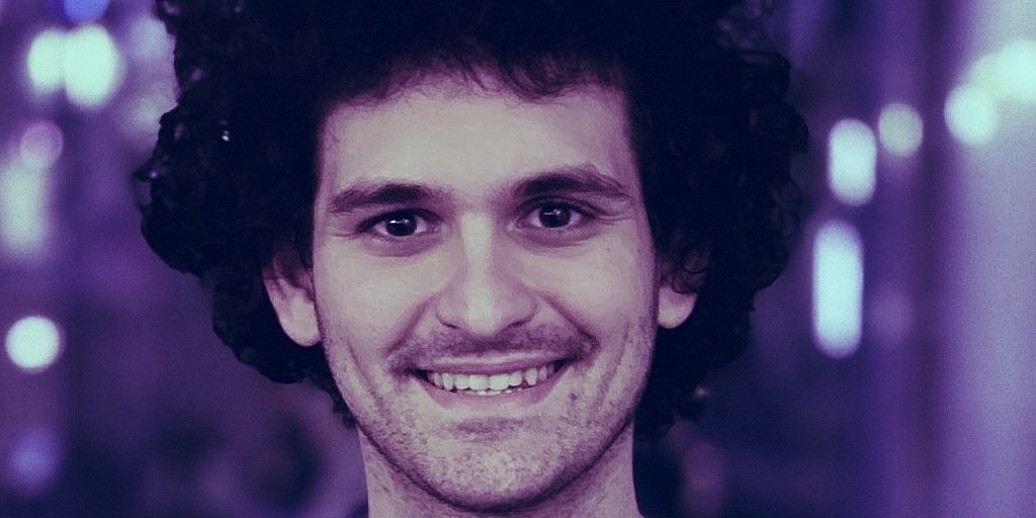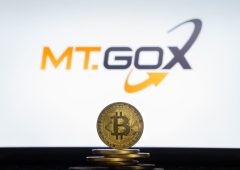Sam Bankman-Fried Defends Himself in Prison Interview, Hints at Pardon Push
07.03.2025 12:00 2 min. read Alexander Zdravkov
In a recent prison interview, Sam Bankman-Fried, the founder of FTX, maintains that he does not view himself as a criminal, despite being convicted on multiple fraud-related charges.
Speaking to Tucker Carlson, Bankman-Fried rejected the allegations, claiming the justice system had failed him and that the collapse of FTX wasn’t the result of deliberate malfeasance.
Currently serving a 25-year sentence at the Metropolitan Detention Center in Brooklyn, Bankman-Fried reiterated his stance that the downfall of his cryptocurrency exchange was not due to intentional wrongdoing. “I don’t think I’m guilty,” he remarked, dismissing the verdict as the Justice Department’s opinion.
Despite being convicted in 2023 for charges such as wire fraud and securities fraud, he continues to argue that FTX had enough assets to meet its obligations before the bankruptcy.
Bankman-Fried’s interview comes just before his 33rd birthday, sparking speculation that it might be an attempt to gain clemency, especially with reports of his family lobbying for a potential pardon. His recent alignment with former President Trump’s political views, including criticism of the current administration, suggests he’s shifting his public narrative. During the conversation, he downplayed the current risks in the cryptocurrency sector, likening it to the industry’s past associations with illegal activities like Silk Road.
In the interview, Bankman-Fried also expressed frustration with the Biden administration, particularly with SEC Chairman Gary Gensler’s regulatory approach. While he acknowledged the uncertainty of a pardon, he adopted a practical outlook, saying that if a pardon doesn’t occur, he expects to be released in his early 50s.
-
1
Chinese Tech Firms Turn to Crypto for Treasury Diversification
26.06.2025 17:00 1 min. read -
2
FTX Halts Recovery Payments in 49 Countries: Here Is the List
04.07.2025 18:00 2 min. read -
3
What Are the Key Trends in European Consumer Payments for 2024?
29.06.2025 8:00 2 min. read -
4
What Brian Armstrong’s New Stats Reveal About Institutional Crypto Growth
29.06.2025 15:00 2 min. read -
5
Here is Why the Fed May Cut Rates Earlier Than Expected, According to Goldman Sachs
08.07.2025 15:00 2 min. read
U.S. Public Pension Giant Boosts Palantir and Strategy Holdings in Q2
According to a report by Barron’s, the Ohio Public Employees Retirement System (OPERS) made notable adjustments to its portfolio in Q2 2025, significantly increasing exposure to Palantir and Strategy while cutting back on Lyft.
Key Crypto Events to Watch in the Next Months
As crypto markets gain momentum heading into the second half of 2025, a series of pivotal regulatory and macroeconomic events are poised to shape sentiment, liquidity, and price action across the space.
Here is Why Stablecoins Are Booming, According to Tether CEO
In a recent interview with Bankless, Tether CEO Paolo Ardoino shed light on the growing adoption of stablecoins like USDT, linking their rise to global economic instability and shifting generational dynamics.
U.S. Dollar Comes Onchain as GENIUS Act Ushers in Digital Era
In a statement that marks a major policy shift, U.S. Treasury Secretary Scott Bessent confirmed that blockchain technologies will play a central role in the future of American payments, with the U.S. dollar officially moving “onchain.”
-
1
Chinese Tech Firms Turn to Crypto for Treasury Diversification
26.06.2025 17:00 1 min. read -
2
FTX Halts Recovery Payments in 49 Countries: Here Is the List
04.07.2025 18:00 2 min. read -
3
What Are the Key Trends in European Consumer Payments for 2024?
29.06.2025 8:00 2 min. read -
4
What Brian Armstrong’s New Stats Reveal About Institutional Crypto Growth
29.06.2025 15:00 2 min. read -
5
Here is Why the Fed May Cut Rates Earlier Than Expected, According to Goldman Sachs
08.07.2025 15:00 2 min. read


